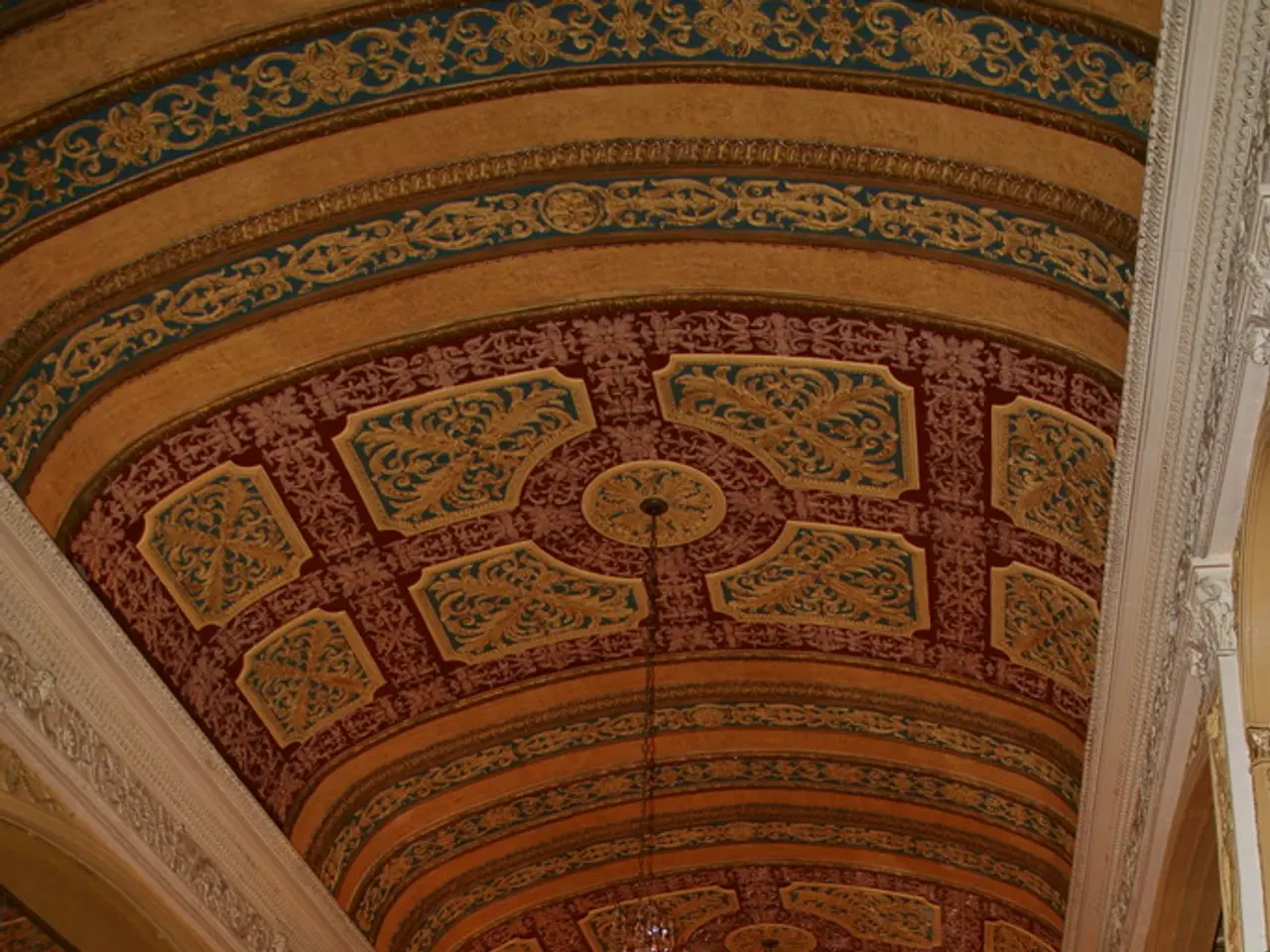Empowering remote Philippine communities with solar energy is Jovie Montajes' method to combat natural disasters
In the heart of the Philippines, a social enterprise named Light of Hope Philippines is making a significant impact by providing clean, reliable energy to off-grid communities. Founded by electronics engineer Jovie Gil Montajes in 2017, the organisation has been dedicated to promoting renewable energy in poor areas, inspired by Montajes' own experiences of growing up without electricity.
Montajes left a high-paying job to focus on Light of Hope full-time, but his financial journey was not always smooth. In the first year of going full-time with the organisation, he had savings from his previous job, but in the second year, he had nothing. However, the cause was close to his heart, and he persevered.
Light of Hope Philippines' efforts have been fruitful. The organisation has won at least eight grants from competitions sponsored by developed countries, financing their initial solar lamp deployments. In 2021, they received a grant of US$5,000, and in 2023, they were awarded a significant US$250,000 grant. These funds have enabled Light of Hope to distribute portable solar kits, known as the Solar Cloud Grid, to 1,229 families in Surigao, Mindanao.
The Solar Cloud Grid consists of a 50-watt solar panel, battery, light bulbs, and USB sockets, providing a safer and more affordable alternative to kerosene lamps and diesel generators used in remote areas. The organisation also addresses environmental impact by practicing circularity, recovering and recycling over 100 kilograms of e-waste from defective electronic components during repairs.
Light of Hope Philippines' mission extends beyond just providing solar units. The organisation trains local community members to maintain the solar units, fostering a sense of ownership and empowerment. Montajes finds inspiration in his family's support and the chance to bond with his children while serving remote communities. However, he struggles with choosing which community receives the solar lamp units due to a long waiting list and a lack of units.
The organisation's hard work has not gone unnoticed. Light of Hope Philippines currently pays a salary to seven staff, including Montajes. They aim to deploy 5,000 more solar units by 2030, reducing around 650 tonnes of carbon dioxide emissions per year. By 2021, they had distributed solar cloud grid kits to 55 families in Mindanao, Bohol, and Cebu.
In addition to solar lighting, Light of Hope PH has integrated solar energy solutions with disaster preparedness technology. By using solar-powered decentralized communication devices, they have enhanced disaster resilience by enabling long-range communication in difficult terrain without relying on external power sources. This enhances the community’s ability to respond in emergencies, further improving sustainability and safety in remote areas.
Light of Hope Philippines is a shining example of how social enterprises can bring long-term sustainability to remote communities. By focusing on self-sustaining systems, promoting environmentally responsible practices, and supporting disaster resilience, they are making a real difference in the lives of those living without electricity and contributing to reduced carbon emissions and improved quality of life in some of the Philippines’ most underserved areas.
- Jovie Gil Montajes, the founder of Light of Hope Philippines, left a high-paying job to focus on promoting renewable energy in poor areas and combat climate change.
- Light of Hope Philippines won numerous grants from developed countries to finance their initial solar lamp deployments, including a significant $250,000 grant in 2023.
- The Solar Cloud Grid, which Light of Hope Philippines distributes, is a safer and more affordable alternative to kerosene lamps and diesel generators, reducing carbon emissions and promoting clean energy.
- Montajes' organization emphasizes sustainability over the long term by practicing circularity in the electronic components used in their solar units and addressing e-waste recovery.
- Light of Hope Philippines' mission transcends solar lighting, extending to disaster preparedness technology, improving community resilience, and enhancing safety in remote areas.
- The organization has ambitions to deploy 5,000 more solar units by 2030, reducing approximately 650 tonnes of carbon dioxide emissions annually, contributing to the United Nations' Sustainable Development Goals (SDGs).
- Light of Hope Philippines exemplifies the role of social enterprises in providing lasting sustainability to remote communities, fostering self-sufficiency, promoting responsible environmental practices, and improving the quality of life in underdeveloped regions.




